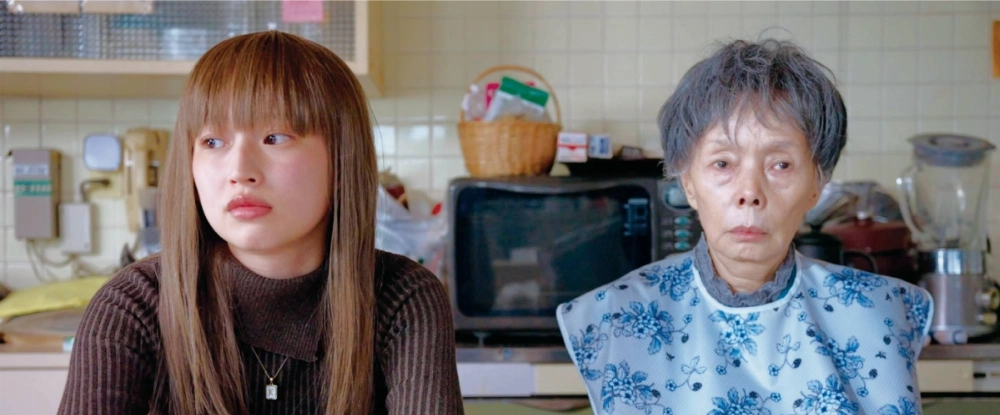Not all of the many Japanese films about dementia are sober-faced medical melodramas. Azuma Morisaki’s 2013 “Pecoross’ Mother and Her Days,” for example, found laughs as well as tears in its story of a balding middle-aged guy caring for his elderly mom as her memory slips away.
An even lighter, brighter take on this devastating disease is Ikunosuke Okazaki’s “Wash Away,” which stars veteran TV personality Naoko Ken as Kie, a boomer who was apparently once quite successful but is now in the last stages of dementia.
I say “apparently” because Okazaki’s original script says little about Kie’s life before falling ill or why her perky granddaughter Kana (Yuuka Nakao) is a sex worker at a “soapland” (a bathhouse/brothel), diligently washing her clients before providing undefined sexual services.


















With your current subscription plan you can comment on stories. However, before writing your first comment, please create a display name in the Profile section of your subscriber account page.